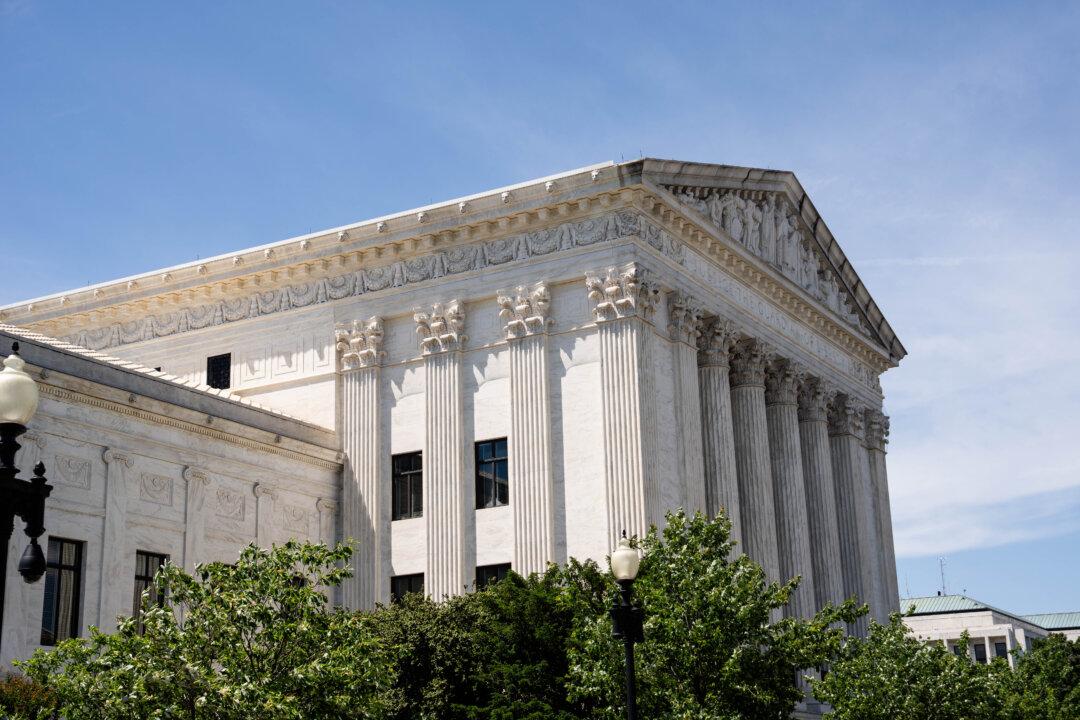The Supreme Court on May 23 temporarily blocked lower court orders requiring the Department of Government Efficiency (DOGE) to respond to freedom of information requests in a pending lawsuit.
President Donald Trump issued Executive Order 14158 on Jan. 20, renaming the United States Digital Service (USDS) as the United States DOGE Service and creating an advisory body that recommends cost-cutting measures for federal agencies. The executive order directed the entity to “implement the President’s DOGE Agenda, by modernizing Federal technology and software to maximize governmental efficiency and productivity.”





